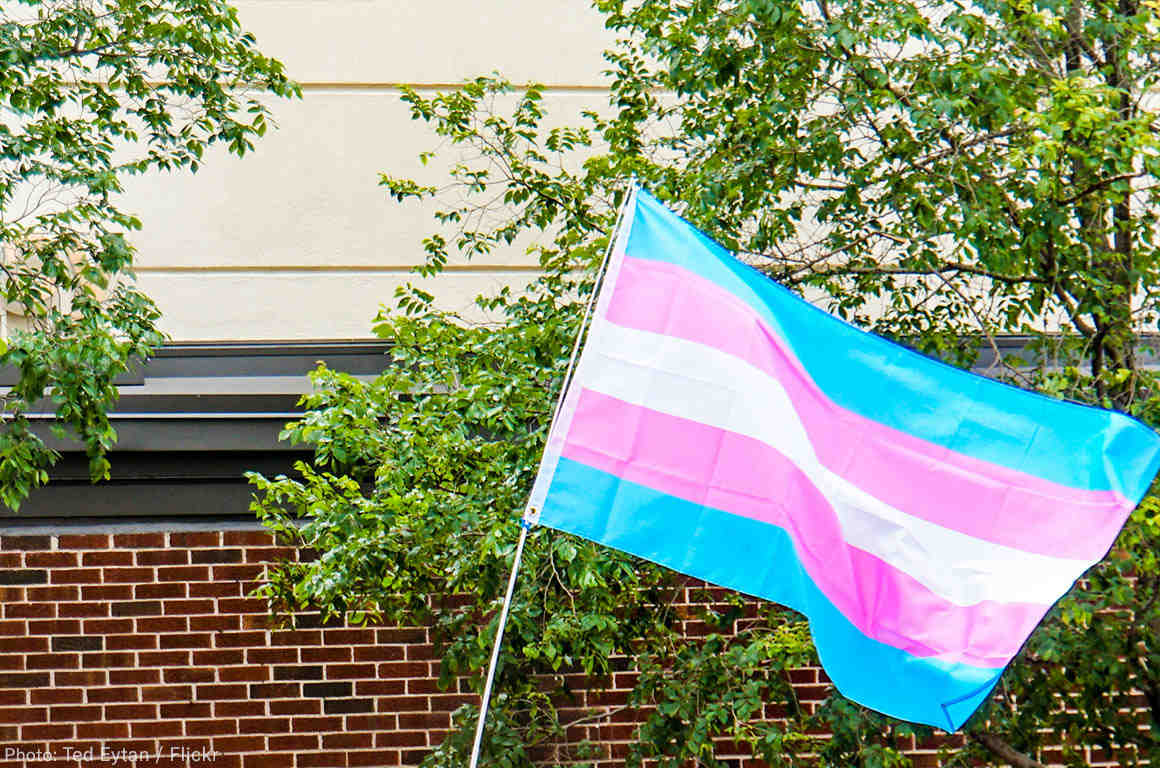The #MeToo movement has offered an important lesson on the collective power of voices joining together to take on individual experiences of injustice. On Monday, the Supreme Court dealt a huge blow to precisely this kind of collective power, ruling against the ability of workers to join together to take on employment discrimination and abuse.
The court ruled that employers are free to force workers who have been victims of unfair labor practices into private arbitration to address their claims — even in cases where workers sought to bring a collective legal action. The decision came in a case about failure to pay overtime, but its implications are far broader and extend to many of the claims of harassment and discrimination that have surfaced thanks to the #MeToo and #TimesUp movements.
Arbitration contracts are agreements to bring any future legal dispute through a private system rather than through the public courts. Employees are often required to sign such agreements along with a raft of paperwork on their first day on the job, and many have no memory of signing them.
The Supreme Court has long held that employers are free to enforce arbitration agreements for individual lawsuits. Monday's decision extended that principle to cases brought on behalf of a “class” of individuals who claim they were harmed in the same way by discriminatory or unfair policies and seek to bring a single legal action on behalf of the group.
Justice Neil Gorsuch, writing for the court’s conservative majority, held that even though another federal law, the National Labor Relations Act, protects the rights of workers to “engage in concerted activities for the purpose of collective bargaining or other mutual aid or protection,” that guarantee does not prevent employers from forcing classes of workers into arbitration.
The court’s decision — which Justice Ginsburg, in dissent, called “egregiously wrong” — tips the scales even further in favor of employers and large corporations, at the expense of workers. Limiting workers’ rights “to band together in confronting an employer,” she wrote, will likely prevent such claims from ever seeing the light of day. This is because individuals have less bargaining power compared with their employers. Additionally, the high risk and cost of bringing individual lawsuits, and the low dollar amounts typically involved — particularly for low-wage workers — disincentivize individual action. The ACLU joined an amicus brief in the case, authored by the NAACP Legal Defense and Education Fund and the Impact Fund, raising these arguments.
Companies are increasingly requiring employees to agree to forced arbitration as a condition of employment. A recent study by Cynthia Estlund at the Economic Policy Institute showed that 56 percent of non-unionized private sector employees — that’s 60.1 million American workers — are currently subject to forced arbitration.
Arbitration affects us as consumers, as well. For example, Uber recently came under attack for seeking to compel arbitration against a group of 14 women who claim they were sexually assaulted by Uber drivers, but were prevented from taking their case to court by a forced arbitration clause in Uber’s terms of service. After the women sent a public letter requesting that the company release them from mandatory arbitration, Uber announced that it would abandon the use of forced arbitration, as well as the practice of requiring non-disclosure agreements in private settlements, which can serve to silence survivors.
Lyft quickly followed suit. While these announcements were important, their effect was limited: The policy changes apply to sexual assault and harassment only, and not to other forms of discriminatory treatment. They also leave in place forced arbitration for those who seek to bring their cases as class actions. These companies, and others, should do better.
To be sure, some people may prefer arbitration to the lengthy and costly process of litigation, and they should have the right to pursue that course if that’s their preference. But arbitration has been criticized as biased in favor of companies and employers, and lacking in the procedural protections afforded by the justice system. Rather going before a judge or a jury of one’s peers, cases in arbitration are decided by a panel of lawyers who may have little or no training on the legal or emotional issues surrounding discrimination, harassment, or abuse, and they are not required to follow legal precedent. Perhaps unsurprisingly, few survivors actually achieve justice through these forums. And, perhaps most critically in the #MeToo era, the entire proceedings are subject to strict confidentiality. This shrouds the process and the results in secrecy, preventing public accountability for repeat harassers or the employers who enable them.
The problem of forced arbitration run amok is within Congress’ power to fix — a solution that, in Justice Ginsburg’s words, “is urgently in order.” To safeguard everyone’s rights to be treated with dignity, lawmakers should support legislative reform efforts with the broadest coverage for all victims of discrimination, and with explicit protection for class actions.
We hope that #MeToo will lend some urgency to these proposals. Until Congress acts, consumers must continue to insist that businesses and corporations tear down the barriers they have set up against the collective struggle for justice and accountability.
